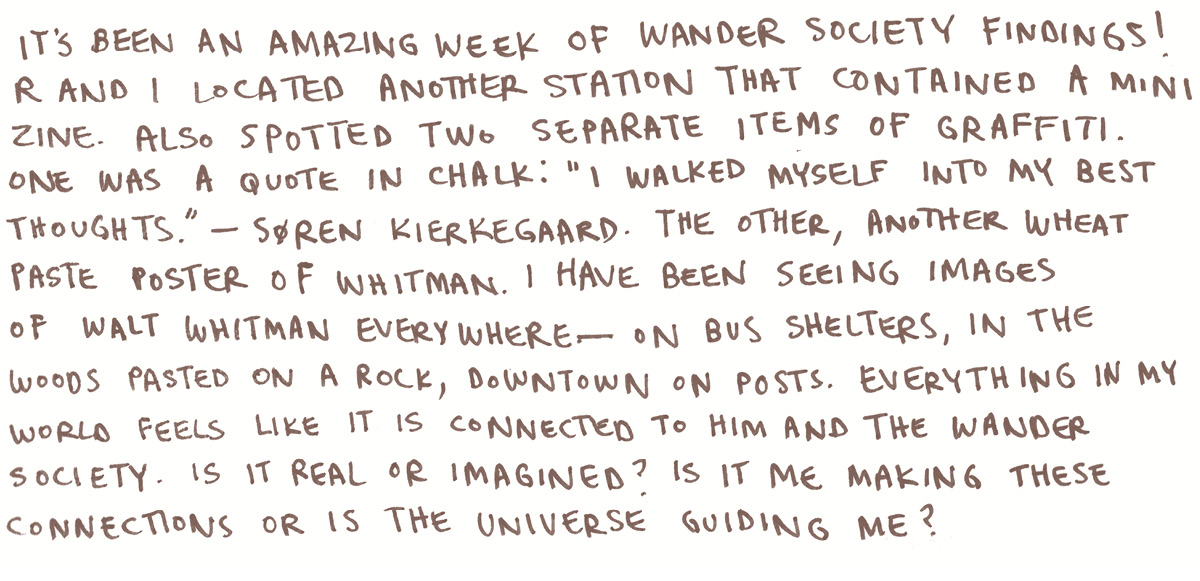THE TRUTH ABOUT BOREDOM
“But it isn’t easy,” said Pooh. “Because Poetry and Hums aren’t things which you get, they’re things which get you. And all you can do is to go where they can find you.”
—A. A. MILNE, THE HOUSE AT POOH CORNER
Our brains do some very important work when we enter a place of mind wandering or daydreaming.
When we constantly fill up all of our “empty” time with stimulation in the form of electronic devices, games, and distractions, our brains become disengaged and the thinking process is effectively halted. We never get to hear our own inner voice—we don’t develop a relationship with ourselves and our minds. We don’t get to know who we are because we’re not listening.
But if we make a conscious effort to not distract ourselves, as psychologist Sandi Mann says, “We might go off in our heads to try and find that stimulation by our minds wandering, daydreaming.” Through this process, we begin to think “a little bit beyond the conscious, a little bit in the subconscious which allows sort of different connections to take place.”*
Regular wandering provides us with mental space so that ideas have a chance to form.



When you start to feel that itch of needing to fill up that void and to check in online, remind yourself how good it feels to be in your body. Remind yourself that your mind is powerful only if you give it the space to ponder. Focus on the breath. The wanderer has power over his or her impulses.
In daydreams, which can occupy a third of our waking state, the brain becomes highly active in exactly those areas associated with complex problem-solving, because in daydreaming the mind roams freely, broadly and profoundly across one’s life.
—JAY GRIFFITHS, A COUNTRY CALLED CHILDHOOD
For creativity, you need to let your mind wander.
Daydream as if your life depends on it.
Save your brain space for things that are important: your ideas, your daydreams, your experiments, your brainstorming, your exploration, your research.

